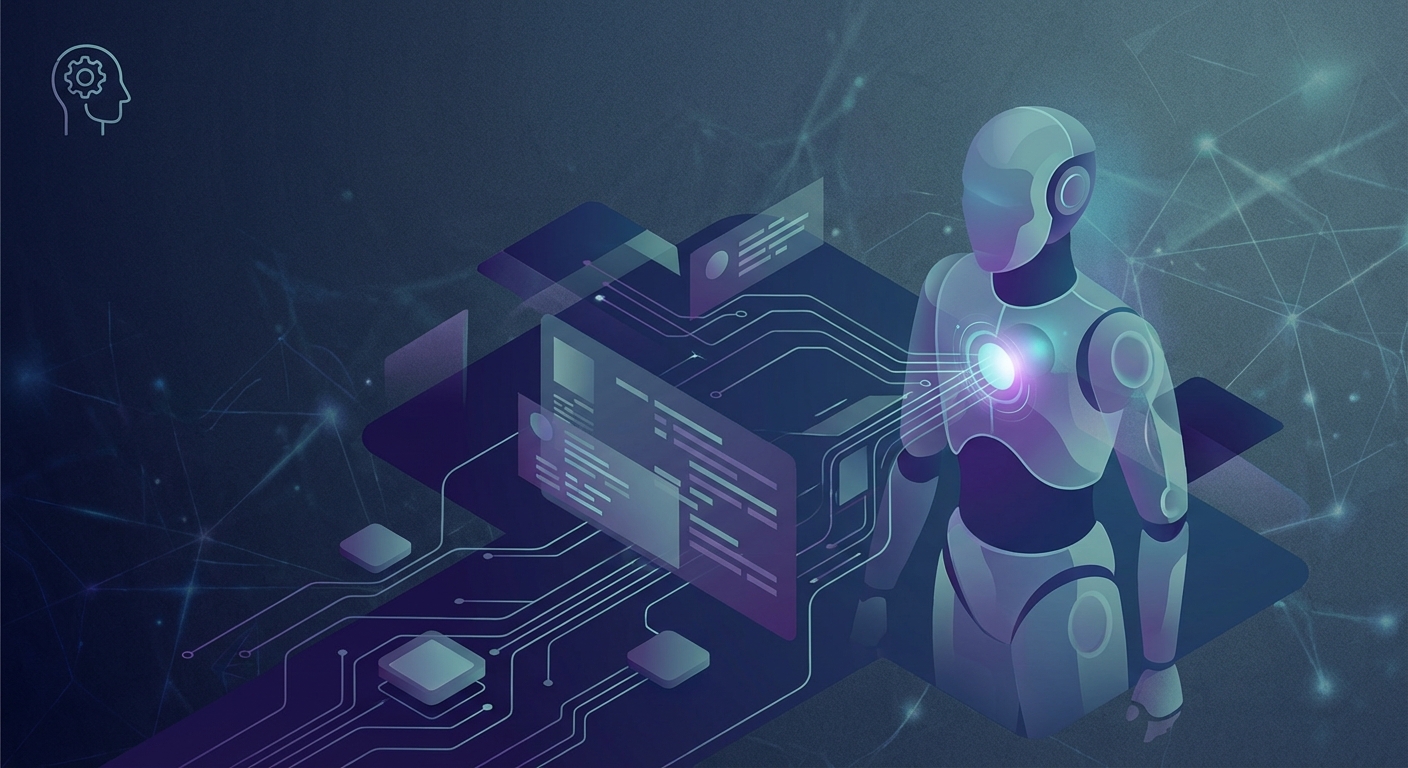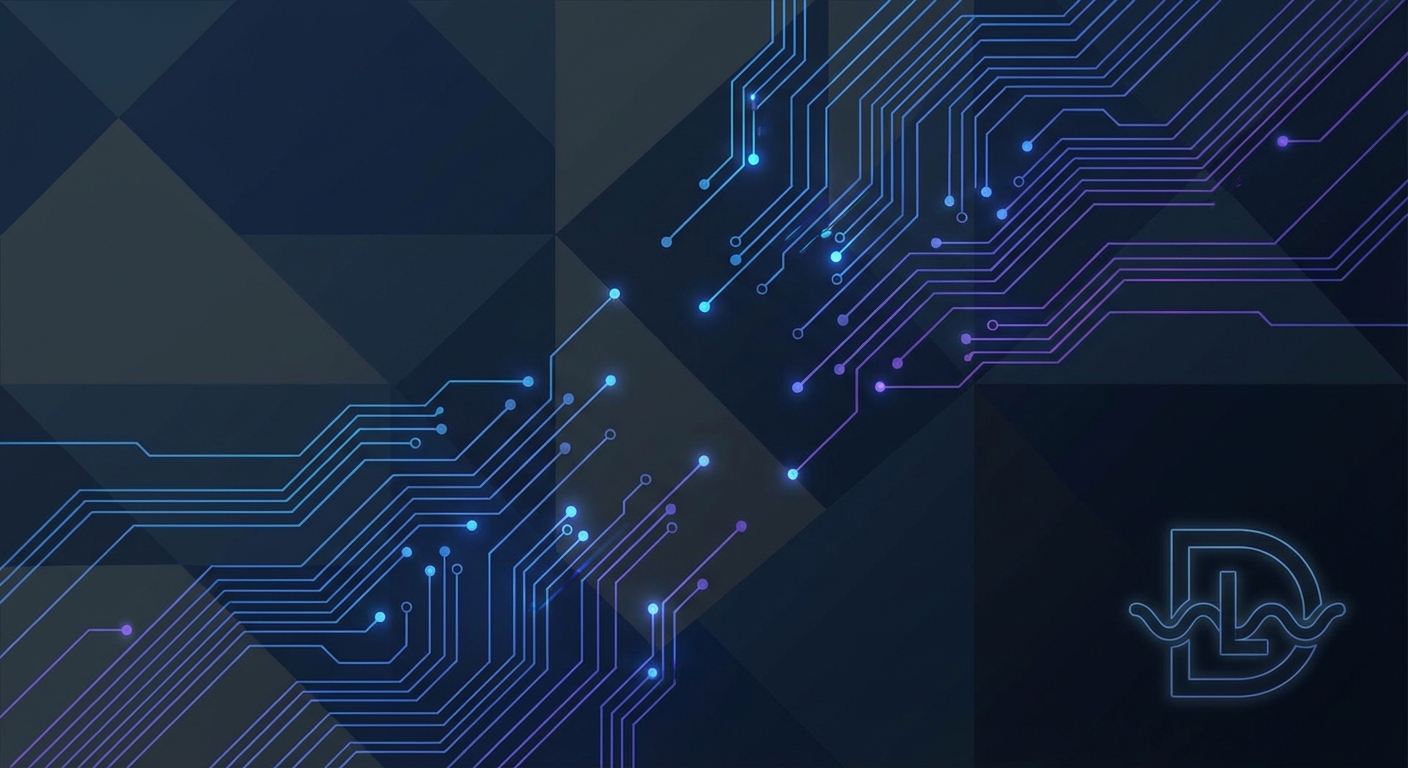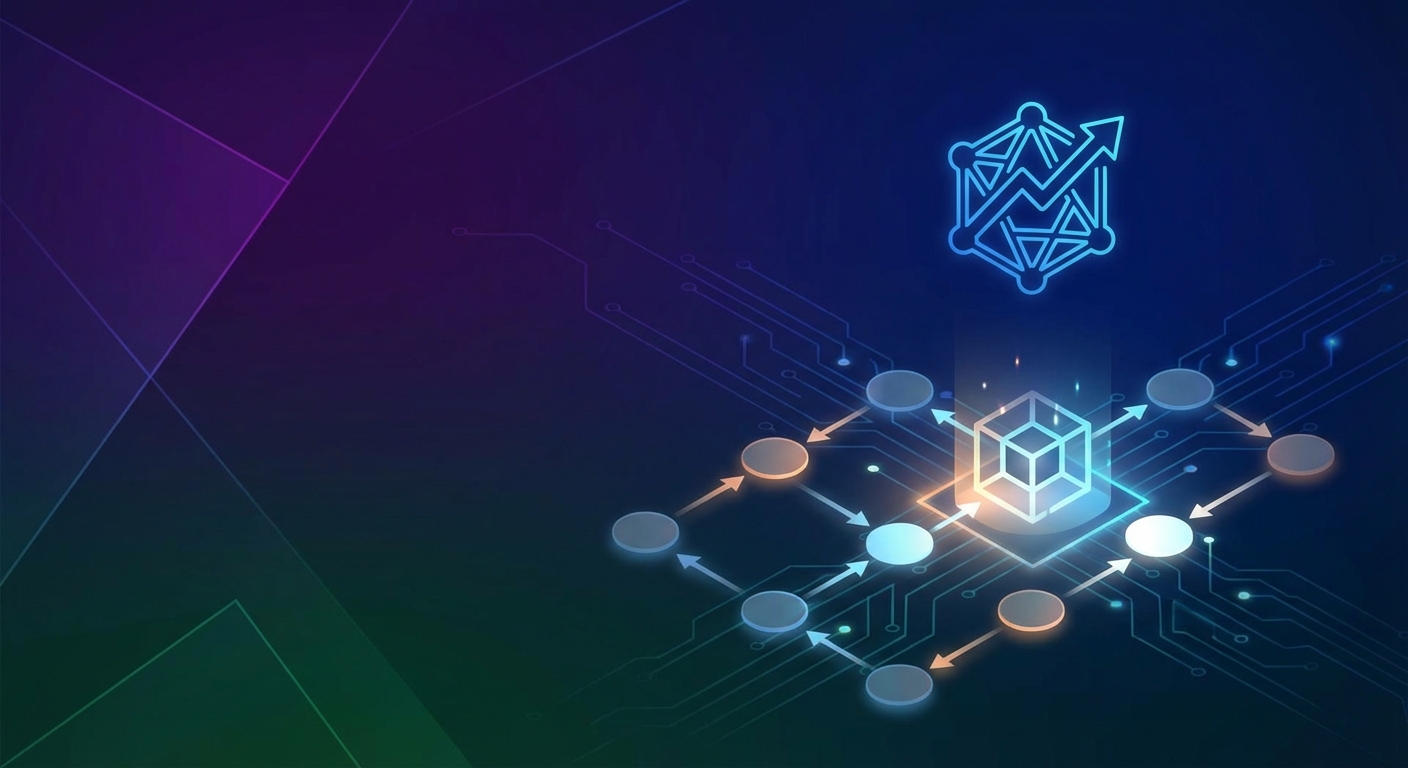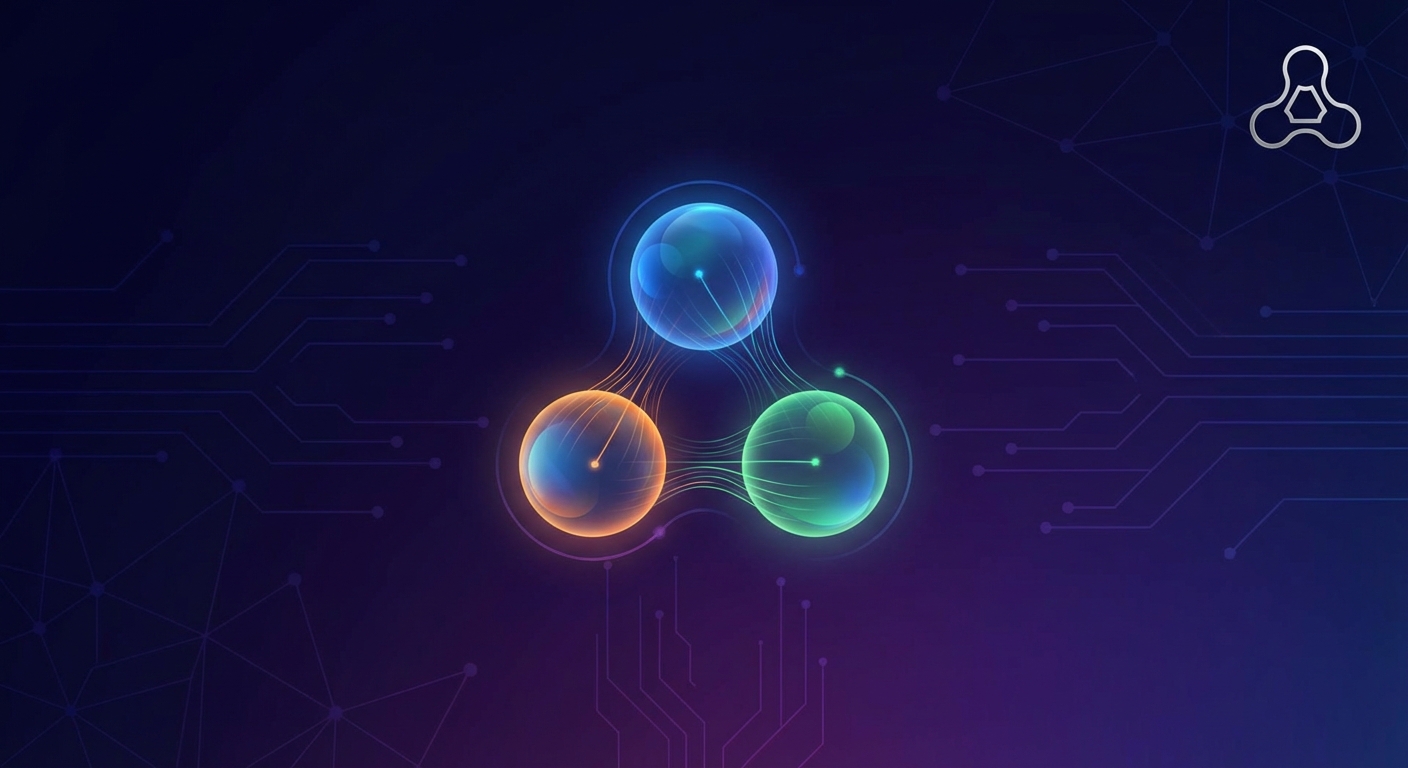Leading Approaches in Agent-Based AI for Procurement
TL;DR
- This article covers the main approaches for using agent-based ai in procurement, like multi-agent systems and reinforcement learning. It will also go over real-world examples, benefits, challenges, and future trends—including how these agents are deployed, governed, and secured within enterprise ai solutions. You'll get a solid understanding of how agent-based ai can transform procurement processes.
Introduction to Agent-Based AI in Procurement
Agent-based ai? Sounds kinda sci-fi-ish, right? But it's actually making waves in procurement, like, for real. Imagine giving mini-ai brains to all your buying processes.
Here's the deal:
- ai agents are like lil' autonomous robots negotiating deals. They can process and analyze vast amounts of data in real-time, far beyond human capacity, identifying subtle patterns in market fluctuations and supplier performance that a human might miss. (AI Agents Are Taking Over Contract Negotiations - IEEE Spectrum)
- They react to market changes, find the best prices, and can execute complex negotiations at high speeds, completing tasks that would take human teams days or weeks. (The Psychology of Price Takers: How Consumers React to Market ...)
- Think retail, healthcare, finance - all sorts of industries can use this stuff. (What Healthcare, Finance, and Retail Can Teach Us) (Retail, Finance, Healthcare: Every Industry Needs Its Own Data Stack)
So, why should procurement even bother with ai? Well, it's all about getting the absolute best deals, making things way more efficient, and keeping up with how fast the world moves. Think about it – if every supplier negotiation was handled by an ai that actually cared about getting the best deal, that'd be a game-changer.
Leading Approaches in Agent-Based AI for Procurement
Agent-based ai in procurement? It's not just a buzzword, it's, like, a whole new way of thinking about how companies buy stuff. So, what are the cool ways this is actually happening?
Now that we've got a handle on what agent-based AI is and why it's relevant to procurement, let's dive into the specific technologies and methodologies driving its adoption.
Multi-Agent Systems, or mas, are all about getting different ai agents to work together. Think of it as a team of digital robots that each have a job to do.
Explanation of MAS: Mas isn't just one ai doing everything; it's a bunch of smart agents talking to each other. Each one handles a specific part of the procurement process. You've got buyer agents, supplier agents, negotiator agents... They all communicate and negotiate with each other, trying to get the best outcome. These agents might use things like auction mechanisms, where agents bid against each other in a simulated marketplace to secure the best terms, or game theory approaches, where agents strategize based on the predicted actions of other agents to achieve optimal outcomes based on their programmed objectives.
How MAS can model complex procurement scenarios: Procurement is messy, right? MAS can simulate the complexity of real-world supply chains, predict potential disruptions, and adjust strategies on the fly.
Examples: Imagine automated bidding systems where ai agents compete for contracts, or contract negotiation where ai agents hash out the terms. This isn't just theory; it's happening now.
For example, in retail, a mas could automatically reorder inventory based on real-time demand, weather forecasts, and even social media trends. Kinda wild, right?
This flowchart shows a typical procurement process that agent-based ai can enhance at various stages.
Now, Reinforcement Learning is another big player. It's like teaching an ai to play a game, but instead of points, it's about saving money.
Introduction to RL: RL agents learn through trial and error, constantly improving their strategies based on feedback. They get "rewards" for good decisions and "penalties" for bad ones.
How RL agents can optimize procurement strategies over time: These agents can analyze massive datasets to identify patterns and predict future trends. For instance, in dynamic pricing, an RL agent can learn to adjust bid prices in real-time based on fluctuating market demand and competitor pricing, aiming to secure the best possible price for a given item. For inventory management, an RL agent can learn optimal reorder points and quantities by considering factors like lead times, demand variability, and storage costs, minimizing stockouts and excess inventory. In risk assessment, an RL agent can be trained to identify potential supply chain disruptions by analyzing historical data on supplier reliability, geopolitical events, and logistical challenges, learning to proactively flag high-risk scenarios.
Use cases: Think dynamic pricing (automatically adjusting prices based on demand), inventory management (optimizing stock levels), and even risk assessment (identifying potential supply chain disruptions).
Challenges: It's not always easy to tell the ai what "good" looks like and RL can take a long time to train effectively.
These approaches, MAS and RL, aren't mutually exclusive. They can actually complement each other really well. For instance, MAS could set up the negotiation framework, and then RL agents could be used within that framework to optimize specific negotiation tactics or pricing strategies.
Real-World Applications and Case Studies
Okay, so you're probably wondering where all this agent-based AI actually shows up, right? It ain't just theory, that's for sure.
Think about supply chain management: imagine ai agents constantly watching for disruptions. Like, a sudden weather event messing with shipping routes. The ai could automatically reroute stuff to dodge delays. For example, Maersk has been exploring AI-powered solutions to optimize shipping routes and predict potential disruptions, enhancing their supply chain resilience. This is crucial for procurement because it ensures timely delivery of goods and services, directly impacting operational continuity.
Procurement of services is another area. For example, ai can help in sourcing and managing outsourced customer service operations by analyzing supplier performance data and contract compliance. Companies like IBM utilize AI in their procurement of IT services, automating vendor selection and performance monitoring.
Healthcare procurement is getting in on this, too. ai can help in sourcing medical supplies, managing vendor contracts for healthcare services, and even optimizing the procurement of diagnostic equipment based on usage patterns and maintenance needs. The U.S. Department of Veterans Affairs has implemented AI to manage its vast inventory of medical supplies, improving efficiency and reducing waste.
So, where does that leave us? Well, it's time to think about making this stuff even better.
Challenges and Considerations
Okay, so you're diving into ai agents for procurement? Cool, but hold up – it's not all sunshine and rainbows, right? There's a few potholes you'll wanna dodge.
First off, data is king. ai agents are pretty useless with incomplete or dirty data, it is true. Think about it: if you're training an ai to negotiate contracts, it needs all the details. You know, past deals, market trends, supplier info. If any of that's missing or wrong, the ai will make dumb calls. This is especially true for agent-based systems, as MAS requires seamless data exchange between agents, and RL needs comprehensive, clean data for effective training.
Then there's data silos: different departments hoarding their info. Sales has one dataset, finance got another no one talks to each other. Getting these systems to play nice isn't easy. This makes it tough to feed the necessary data to your ai agents, as they often need a unified view of information to function effectively. Strategies to break down these silos include implementing robust data governance frameworks, establishing master data management (MDM) systems to create a single source of truth for key data entities, and building centralized data warehouses or data lakes that consolidate information from various sources.
Oh, and don't forget privacy. You can't just slurp up every piece of data, right? Especially with gdpr and all that jazz. You gotta make sure you're following the rules or you'll get fined to heck.
ai agents ain't immune to cyberattacks. Imagine someone hacks your ai negotiator and makes it sign a terrible contract. That, uh, is a bad day. You gotta lock that sucker down!
And what about ai bias? If your training data is skewed – say, mostly contracts from one type of supplier – the ai will favor them, even if they aren't the best choice. It's not fair, and it can screw up your whole procurement process. To combat this, you'd want to use diverse training data, implement bias detection tools, and have human oversight mechanisms in place. Diverse training data in procurement means including data from a wide range of suppliers, industries, contract types, and geographical locations to ensure the AI doesn't disproportionately favor or penalize certain groups. Bias detection tools actively scan the AI's outputs and decision-making processes for patterns that indicate unfairness, flagging potential issues for review. Human oversight mechanisms provide a crucial layer of review, allowing procurement professionals to validate AI-driven decisions and intervene when necessary, ensuring ethical and fair outcomes.
Plus, you need rules. Like, who's responsible if the ai messes up a deal? The ceo? The ai programmer? You need a clear chain of command.
Let's be real: most companies are stuck with legacy systems from the Stone Age. Think old ERP systems or outdated procurement platforms. Getting ai agents to play nice with that old tech? Ugh.
You'll probably need some clever api integrations and middleware to shuffle data around. It's not a plug-and-play kind of thing. Common API integrations involve using RESTful APIs or SOAP services to allow AI agents to request and receive data from legacy systems, or to push updated information back. Middleware solutions, such as Enterprise Service Buses (ESBs) or iPaaS (integration Platform as a Service) platforms, act as translators and orchestrators, transforming data formats and managing the flow of information between disparate systems, ensuring that AI agents can access and utilize data from even the most archaic systems.
And you gotta make sure data flows smoothly between systems. No one wants data getting lost in translation.
So, yeah, ai agents are cool but it has some major headaches.
Future Trends and Conclusion
So, what does the future actually hold for ai agents in procurement? It's not some crystal ball thing, but we can defintely see some trends popping up.
Expect to see ai agents working together way better. Think of it like this: instead of just a few agents doing their own thing, they'll be coordinating like a jazz band. They'll share info, adapt to changes in real-time, and make smarter decisions as a team.
explainable ai (xai) is gonna be huge. No one wants a black box making big decisions with no rhyme or reason. xai will help us understand why an ai agent made a certain call. That's transparency, baby!
edge computing and decentralized ai will let ai agents do their thing closer to the action. Instead of sending everything to the cloud, they'll process data right there on the spot. Faster, more secure, you know? This is particularly advantageous for procurement because it allows for real-time supplier interactions and more responsive on-site inventory management, especially in dynamic supply chain environments.
And, uh, we gotta talk about ethical ai. ai needs to be fair, unbiased, and responsible. No shady deals or discriminatory practices allowed. This means actively working to ensure fairness and mitigate bias through methods like diverse training data, bias detection tools, and robust human oversight mechanisms. Diverse training data in procurement means including data from a wide range of suppliers, industries, contract types, and geographical locations to ensure the AI doesn't disproportionately favor or penalize certain groups. Bias detection tools actively scan the AI's outputs and decision-making processes for patterns that indicate unfairness, flagging potential issues for review. Human oversight mechanisms provide a crucial layer of review, allowing procurement professionals to validate AI-driven decisions and intervene when necessary, ensuring ethical and fair outcomes.
So, agent-based ai in procurement? It's not just about cutting costs, though that's defintiely a plus.
It's about making supply chains more efficient, more resilient, and even more sustainable. ai can find ways to reduce waste, optimize routes, and source materials responsibly.
And honestly, if you're not embracing ai in procurement, you're gonna get left behind. The world is changing fast, and ai is the key to staying competitive.
Ultimately, embracing AI in procurement is about elevating the function from a transactional necessity to a strategic driver, enabling organizations to make smarter, more agile decisions that enhance efficiency, build resilience, and foster sustainability.




